Indonesian master does not believe Covid-19 is real, breathes F0's breath and the end is bitter

1 | 0 Discuss | Share
Although the military is the core force to protect the country, not every country has it
Most countries in the world have military forces to protect their territory and national security, but there are still many "non-army" countries. These countries have their territory, history and reasons for this. Some countries split from larger countries, are so small and resource-poor that they don't even need a full-fledged military force. Other countries have agreements to receive help from neighboring countries' militaries when needed.
Grenada
In contrast to the US - the country with the largest army in the world, the small island nation of Grenada - is one of the very few countries in the world that has decided to eliminate the military system.
You might think the country is not safe because they don't have an army, but the opposite is true. Even without an army, Grenada is one of the safest countries in the world, with a very low crime rate. Many people here do not have the habit of locking their doors before going out.
Grenada has a population of about 111,454 people, this country is located in the Caribbean. Although Grenada no longer has a military force, it does have a police force known as the Royal Grenada police force. The police of this country do not carry guns, go around protecting the coast, ensuring peace for the country. Instead of spending money on the military, they spend all their money on developing the country. Instead of them forming military bases and aircraft carriers, they expanded many beaches.
Palau
The island nation of Palau, also known under its full name, is the Republic of Palau in the Western Pacific Ocean. It is called an island nation because it owns nearly 250 islands forming the western island chain of the Caroline Islands with an area of about 466 km2, in the region of Micronesia.
Palau's maritime borders are bordered by Indonesia, the Philippines, and the Federated States of Micronesia. Traveling to Palau, you will be greeted with stunning natural scenery with limestone islands, volcanoes, primeval forests, and a huge coral reef system... All of these are gifts from Mother Nature. Nature has bestowed on the beautiful island nation.
Palau or Republic of Palau, is an island country located in the South Pacific Ocean, 800 km east of the Philippines and 3,200 km south of Japan. This island nation is formed by 328 islands, has a population of 20.9 thousand people (in 2008). Since its founding, the country has only had a police force. They will be armed with small arms to ensure homeland security. Under the Free Union treaty, the United States would be responsible for providing military support to the country.
Samoa
Samoa, officially the Independent State of Samoa, is a country located to the west of the Samoa Islands, in the South Pacific Ocean. Like neighboring Fiji, Tonga, the inhabitants of this place are of Polynesian origin who migrated here 3500 years ago. Over the years, this archipelago has had different names (due to being divided).
According to scientists, the Samoa Islands, as well as the islands of Fiji and Tonga, were inhabited since the 5th century BC during the migration of representatives of the Lapita archaeological culture from the Bismarck Islands, located in the Bismarck Islands. in West Melanesia. The Samoan Islands are one of the centers of the formation of Polynesian culture. From Samoa has taken place the process of exploiting the islands and atolls of the Central Pacific region. Polynesians, possibly from Tonga, were the first inhabitants of the Samoan Islands around 1000 BC.
Samoa, officially the Independent State of Samoa, is a country located in the western part of the Samoa Islands, in the South Pacific Ocean, its capital is Apia, with an area of 3,030 km2. The population on this archipelago is about 250,000 people, speaking the same language as Samoan and sharing a common culture, called fa'asamoa. In 1962, Samoa signed a treaty with New Zealand, under which New Zealand was responsible for ensuring military support to the island nation when needed. Samoa has only set up a surveillance unit to ensure domestic security.
Tuvalu
Tuvalu, also known as the Ellice Islands, is an island nation in the South Pacific Ocean, located between Hawaii and Australia. Tuvalu's area includes reefs and coral islands, and the jungle area is only about 26 km (about 10 sq mi) wide (ranked fourth among the world's smallest countries and territories, after the Vatican - 0.44 km; Principality of Monaco - 1.95 km and Nauru - 21 km).
Based on historical documents, scientists have proven that the Polynesians were the first inhabitants to set foot on Tuvalu. By the end of the nineteenth century, Tuvalu was under colonial rule. For a long time (1892-1916), part of it was under the protection of the British government.
In 1916, part of the Gilbert and Ellice Islands became a British colony. In 1974, the islanders voted to divide the colony into two regions: the Gilbert Islands became an independent Kiribati nation; The Tuvalu Islands are a British dependency. In 1978, Tuvalu joined the member states of the British Commonwealth.
Tuvalu, also known as the Ellice Islands, is an island nation in the South Pacific Ocean, located between Hawaii and Australia. Tuvalu's area including reefs and coral islands and dense forest is only about 26 km wide, ranking fourth among the world's smallest countries and territories, after the Vatican, the principality of Monaco and Nauru. Since its founding, the island nation has had no army. However, police forces and maritime surveillance units were established to protect domestic security.
Nauru
The Republic of Nauru is a country located on the island of the same name in the Western Pacific Ocean with a population of 14,000 people, declared independence in 1968. Nauru is the smallest island country in the world with a total area of 21 km, and is also a country. The only country in the world without an official capital. Australia is the country responsible for protecting this island nation if it is in danger. However, Nauru still has its own armed police force to ensure security.
After the settlement of Nauru by Micronesians and Polynesians, the island was annexed by the German Empire and declared a colony in the late nineteenth century. After World War I, Nauru became a trusteeship of the League of Nations administered by Australia, New Zealand, and Great Britain. During World War II, Nauru was occupied by the Japanese army. After the war, the island became trust territory again. Nauru gained independence in 1968.
Nauru is a phosphate rock, rich in resources near the surface, so open-pit mining can be easily carried out. The island has some phosphate reserves left, but it is no longer economically viable to exploit. In the late 1960s and early 1970s, Nauru had the highest per capita income of any sovereign nation.
As phosphate reserves were depleted, and the environment was severely damaged by mining, a fund was established to manage the island's declining value. To earn an income, Nauru quickly became a tax haven and a hub for illegal money laundering. Between 2001 and 2008, Nauru offered Australia a Nauru detention center in exchange for aid.
Solomon Islands
The Solomon Islands is an island nation of the Melanesians, located east of Papua New Guinea, consisting of nearly a thousand small islands stretching over an area of about 28,400 km. The country has been without an army since 2003, when Australia's national peacekeepers were sent on a "Mission to Help the Solomon Islands" to restore peace and disarm the rebels. armed ethnicity.
The Solomon Islands maintained only a paramilitary force until a heavy ethnic conflict in which Australia, New Zealand and other Pacific nations intervened to restore law and order.
The Solomon Islands is a large island nation east of Papua New Guinea and consists of several islands: Choiseul, Shortland Island; New Georgia Island; Santa Isabel; Russell Island; Nggela (Florida Island); Malaita; Guadalcanal; Sikaiana; Maramasike; Ulawa; Uki; Makira (San Cristobal); Santa Ana; Rennell and Bellona; The Santa Cruz Islands and three remote islands, Tikopia, Anuta, and Fatutaka. The distance between the islands furthest to the west and east is about 1,500 kilometers (930 mi). The Santa Cruz Islands (Tikopia is part of it), are located north of Vanuatu and are very isolated at a distance of 200 kilometers (120 mi) from the other islands. Bougainville is geographically part of the Solomon Islands, but politically part of Papua New Guinea.
Andorra
The Principality of Andorra is a small continental country in southwestern Europe, located to the east of the Pyrenees, bordering Spain and France, economically prosperous thanks to tourism and tax-free policies. Andorra does not have an army, however, the principality has signed treaties with France and European countries to protect the country's security. The GIPA paramilitary force (trained for prisoner management and counterterrorism) is part of the national police.
Andorra is the sixth smallest country in Europe, with an area of 468 square kilometers and a population of more than 77,000. Andorra is the 16th smallest country in the world in terms of land area and 11th smallest in terms of population. Andorra la Vella is the highest capital in Europe, at 1,023 meters above sea level. The official language is Catalan, along with Spanish, Portuguese and French are also widely spoken.
Andorra is not a member of the European Union, but the Euro is the official currency. Andorra became a member of the United Nations in 1993. In 2013, the people of Andorra had the world's longest life expectancy at 81 years, according to The Lancet.
Vatican
Vatican, also known as Vatican City (Vatican City), an independent country in Europe located in the territory of Rome, Italy, with an area of approximately 44 hectares, is the smallest country in the world without an army. . The Vatican is responsible for protecting and providing military support to this small country by Italy.
The country was established in 1929 by the Lateran Treaty as a new entity, not a successor to the larger Papal Dominion (756-1870). Because it is led by the Bishop of Rome (the pope), Vatican City is officially a theocratic monarchy.
The most senior officials of this state are all Roman Catholic clergy from many different countries. This is the sovereign territory of the Holy See (Latin: Sancta Sedes), home to the Apostolic Palace - the residence of the pope, and where the offices of the Roman Curia are located.
Although the seat of the Catholic Church is in principle the Basilica of Saint John Lateran - known as the mother church of Catholic churches - located in Rome, outside the borders of the country, but the term Vatican is still used considered to be the ecclesiastical center of the Roman Catholic Church.
Marian Rivera caused a fever with her excellent beauty even though she is a mother of 2 children  Hà Hà20:32:26 25/07/2021Recently, Marian Rivera has updated her personal page with a series of her latest photos in a fairly simple white shirt. Not only wearing a simple outfit, the mother of two also let her hair loose at will. Immediately, Marian Rivera received a lot of praise for her outstanding...
Hà Hà20:32:26 25/07/2021Recently, Marian Rivera has updated her personal page with a series of her latest photos in a fairly simple white shirt. Not only wearing a simple outfit, the mother of two also let her hair loose at will. Immediately, Marian Rivera received a lot of praise for her outstanding...

1 | 0 Discuss | Share
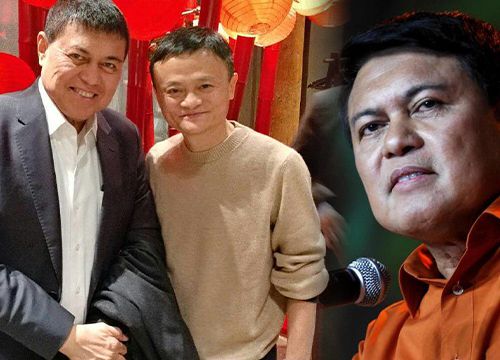
2 | 0 Discuss | Share

5 | 0 Discuss | Share
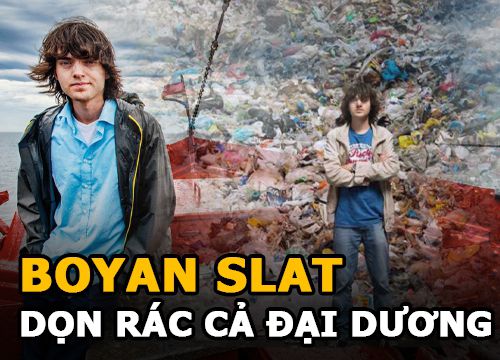
3 | 0 Discuss | Share
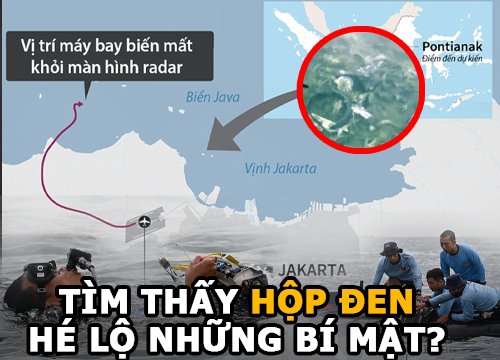
3 | 0 Discuss | Share
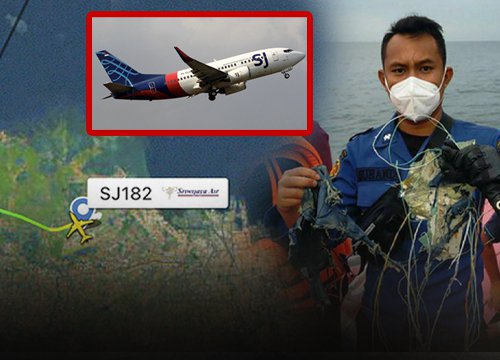
2 | 0 Discuss | Share
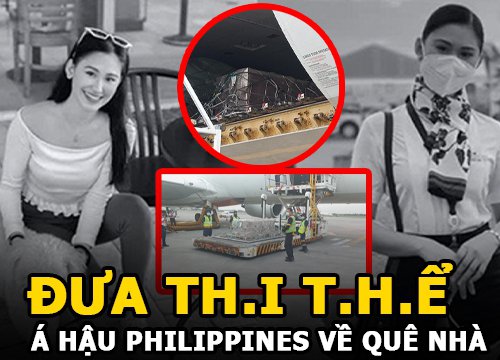
3 | 0 Discuss | Share

3 | 0 Discuss | Share

3 | 0 Discuss | Share
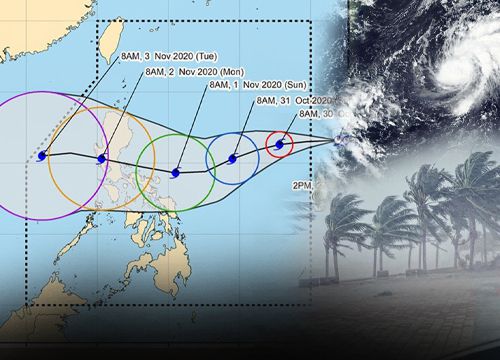
5 | 0 Discuss | Share
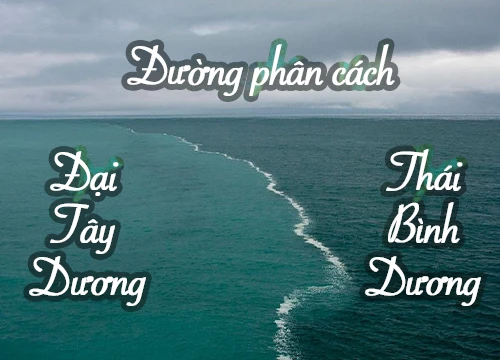
1 | 0 Discuss | Share



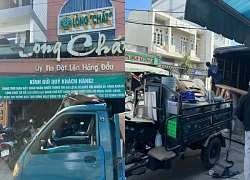
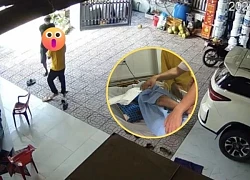



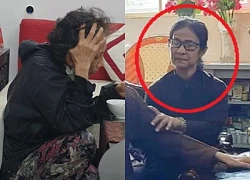

3 | 0 Discuss | Report